About
Invented by community science staff, Lila Higgins at the Natural History Museum of Los Angeles County (NHM) and Alison Young and Rebecca Johnson at the California Academy of Sciences (CAS), the City Nature Challenge is an international effort for people to find and document plants and wildlife in cities. It's an annual four-day global bioblitz at the end of April, where cities collaborate to see what can be accomplished when we all work toward a common goal.
How it all got started
Started in 2016 for the first-ever Citizen Science Day, the community science teams at NHM and California Academy of Sciences dreamed up the City Nature Challenge as a fun way to capitalize on their home cities’ friendly rivalry and hold an event around urban biodiversity. The first City Nature Challenge was an eight-day competition between Los Angeles and San Francisco, engaging residents and visitors in documenting nature to better understand urban biodiversity.
In its first year, over 20,000 observations were made by more than 1,000 people in a one-week period, cataloging approximately 1,600 species in each location, including new records for both areas. During the 2016 CNC, there was so much excitement and interest from people in other cities that the organizers knew they couldn’t keep the fun just to themselves. In 2017 the City Nature Challenge went national, and in 2018, the CNC became an international event!
City Nature Challenge Leadership
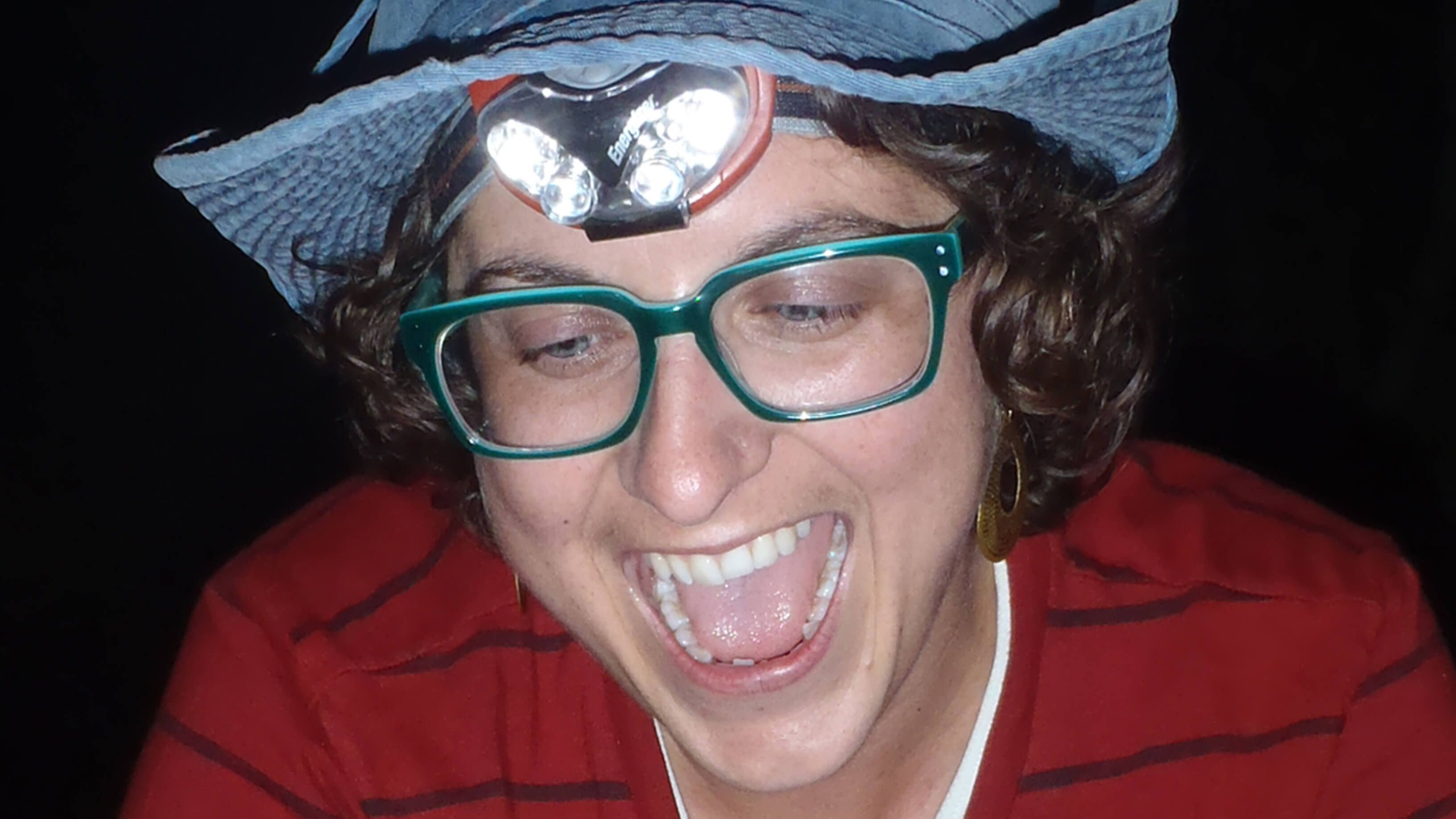
Lila Higgins (they/them)
Co-Senior Manager, Community Science and City Nature Challenge co-founder
Natural History Museums of Los Angeles County (iNaturalist username @lhiggins)
Lila, who joined the Natural History Museum of Los Angeles County in 2008, is an informal educator with almost two decades of experience in museum education and community science programming. Their fascination with nature started early; they grew up on a farm in the U.K. where they spent their time chasing butterflies, playing in hollow trees, and pretending to be a badger. Lila was a lead educator on the Museum’s newest nature-themed exhibits—the Nature Lab and Nature Gardens. They also authored the book Wild L.A. and co-founded the global community science event called the City Nature Challenge. They hold a bachelor’s degree in entomology from UC Riverside and a master’s degree in environmental education from California State University, San Bernardino.
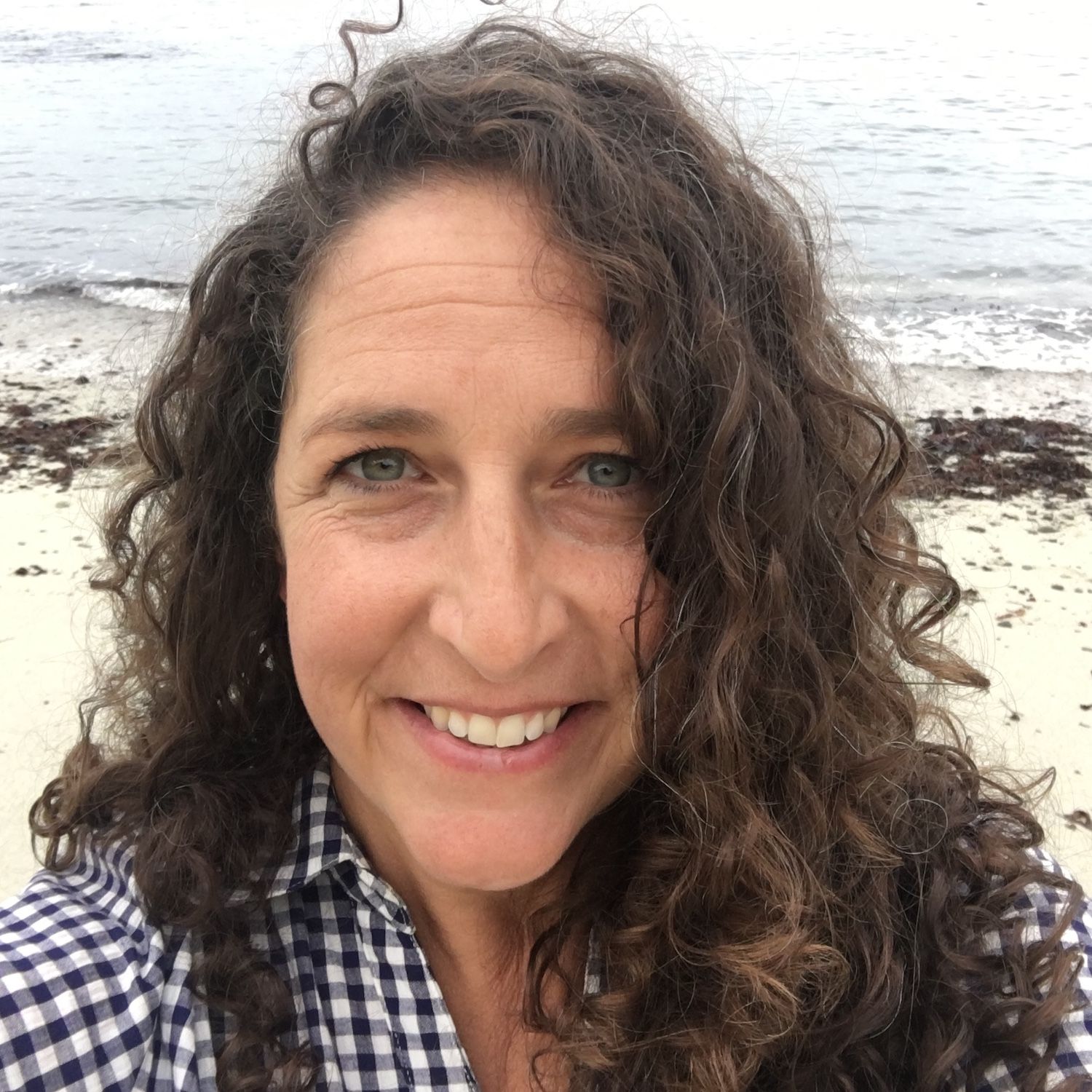
Rebecca Johnson (she/her)
Director, Center for Biodiversity and Community Science and City Nature Challenge co-founder
California Academy of Sciences (iNaturalist username @rebeccafay)
Dr. Rebecca Johnson directs the Center for Biodiversity and Community Science and the Thriving California Initiative at the California Academy of Sciences. She and her team focus on designing equitable, inclusive, and meaningful events and campaigns to gather biodiversity data and mobilize those data to understand climate change and stem biodiversity loss in California. She is passionate about building partnerships and coalitions around place-based nature connection, biodiversity data use, and on-the-ground action for positive change. She co-founded the City Nature Challenge and Snapshot Cal Coast. Dr. Johnson is on the California Biodiversity Network Steering Committee and leads the Academy’s biodiversity work with the City of San Francisco. She is the board chair for Bay Nature Magazine and a TOGETHER Bay Area board member. Dr. Johnson earned her B.A. in Integrative Biology from the University of California, Berkeley, her M.A. in Systematics and Ecology from San Francisco State University, and her Ph.D. in Ecology and Evolutionary Biology from the University of California, Santa Cruz. She lives in San Francisco with her family.
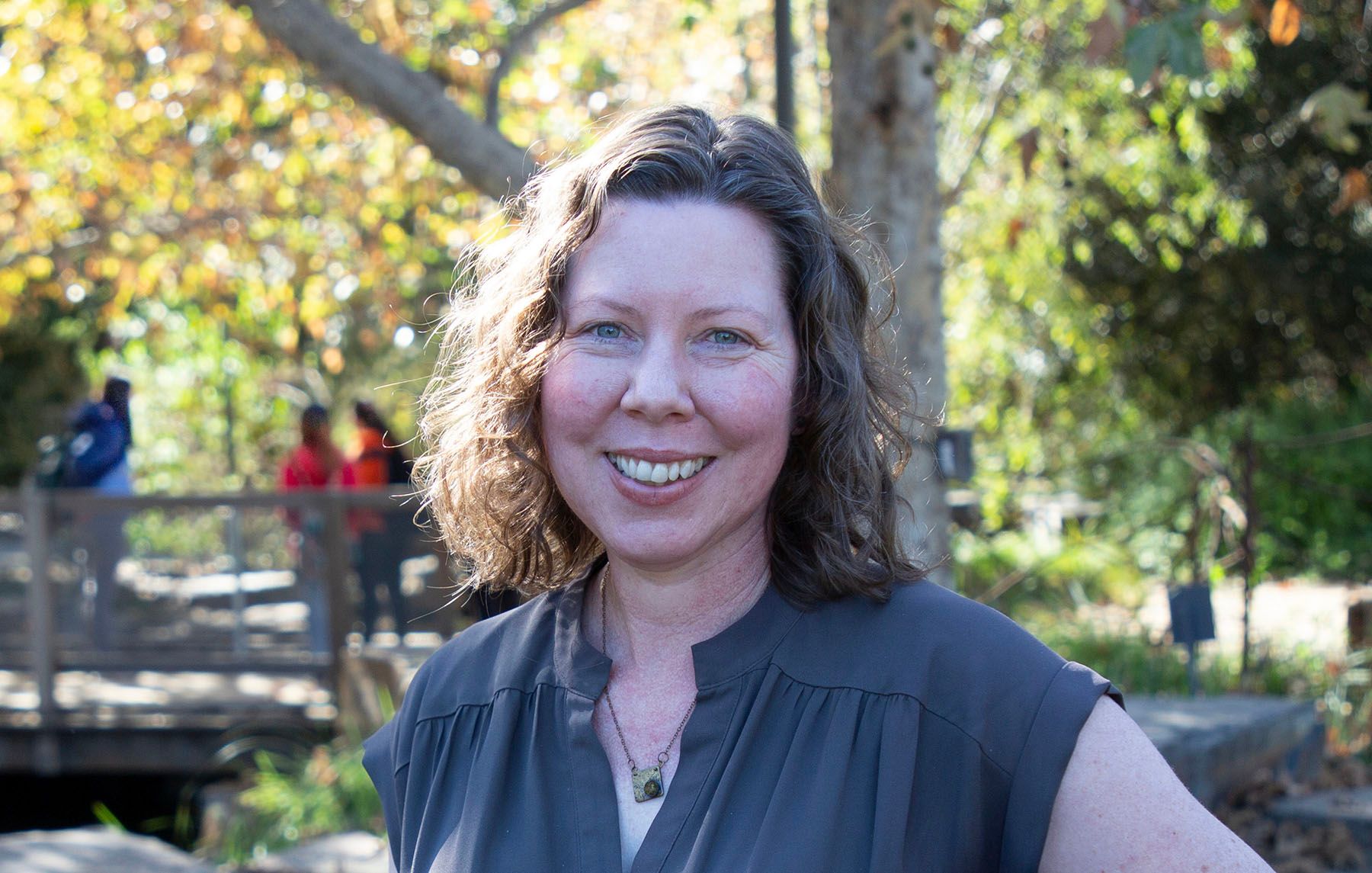
Amy Jaecker-Jones (she/her)
Program Manager, Community Science Program and CNC Managing global organizers
Natural History Museums of Los Angeles County (iNaturalist username @amyjaecker-jones)
Amy joined the Community Science Program at the Natural History Museum of Los Angeles County in 2018. Her primary responsibility is coordinating the City Nature Challenge at the local and global levels. Other projects she has worked on include the Backyard Bat Survey, co-creating a bilingual pollinator guide with a local elementary school, and field-testing community science kits at several Los Angeles County parks. Amy is a California Naturalist, a Certified Interpretive Guide, and a graduate of Occidental College.
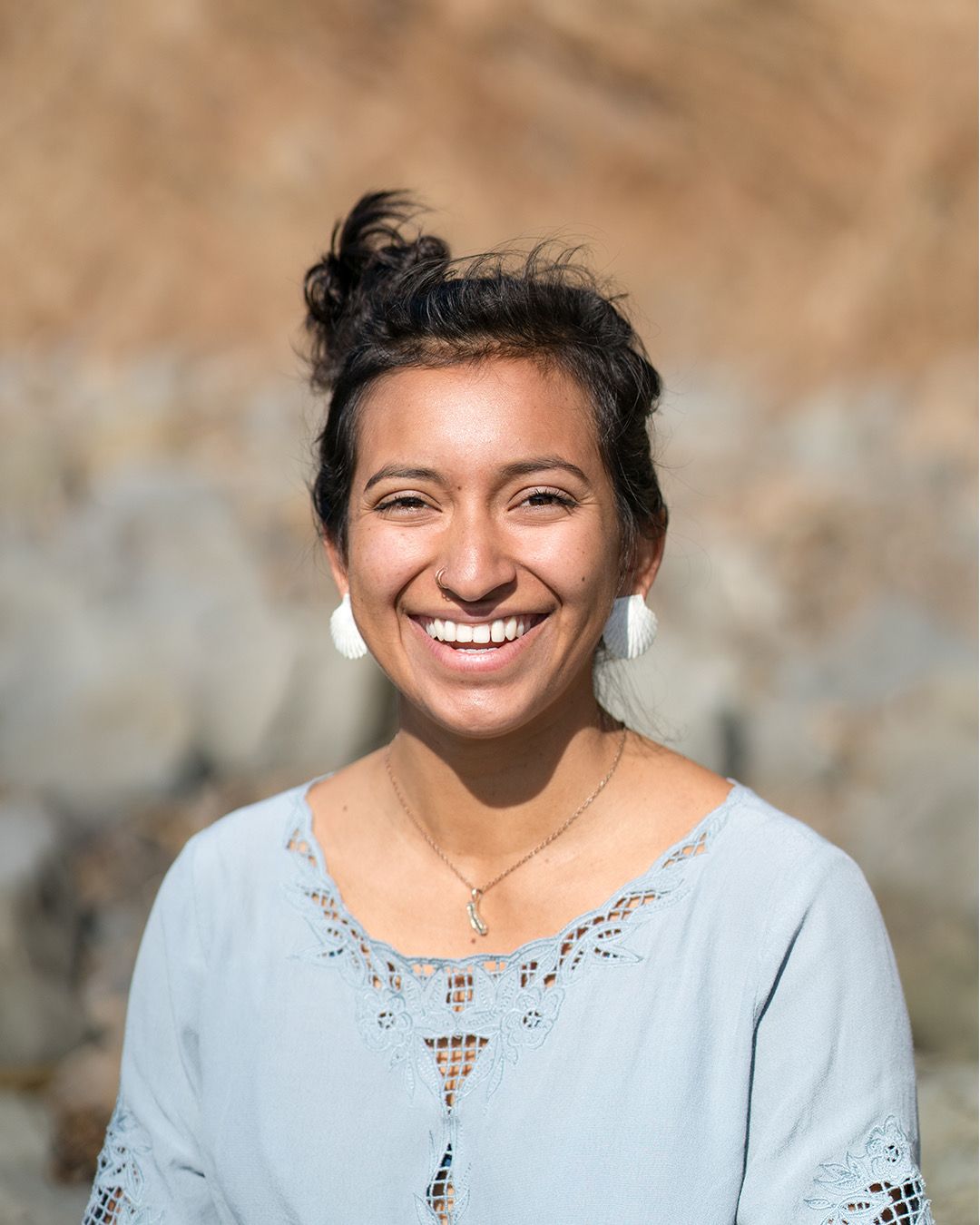
Olivia VanDamme (she/her)
Coordinator, Center for Biodiversity and Community Science and CNC Managing global organizers
California Academy of Sciences (currently on leave, returning in December)
Olivia started at the California Academy of Sciences in 2019. She is a new member on the community science team, and excited to support City Nature Challenge! She previously supported Science Action Club, a community science based international STEM program providing out-of-school time programs with professional development and science kits. Olivia has been recognized by Justice Outside for her extraordinary leadership and commitment to diversity, equity and inclusion in nature, as an alumna of their Rising Leaders Fellowship program. She holds a BA in Geography and Latin American Studies from California State University, Chico. As a Latina surfer and dedicated ocean advocate, Olivia volunteers with Brown Girl Surf, was the previous Program Director for City Surf Project, and has worked on several environmental justice initiatives at government agencies such as the California Coastal Commission. She currently serves as an Advisory Board Member for the Explore the Coast grant program through the California State Coastal Conservancy.
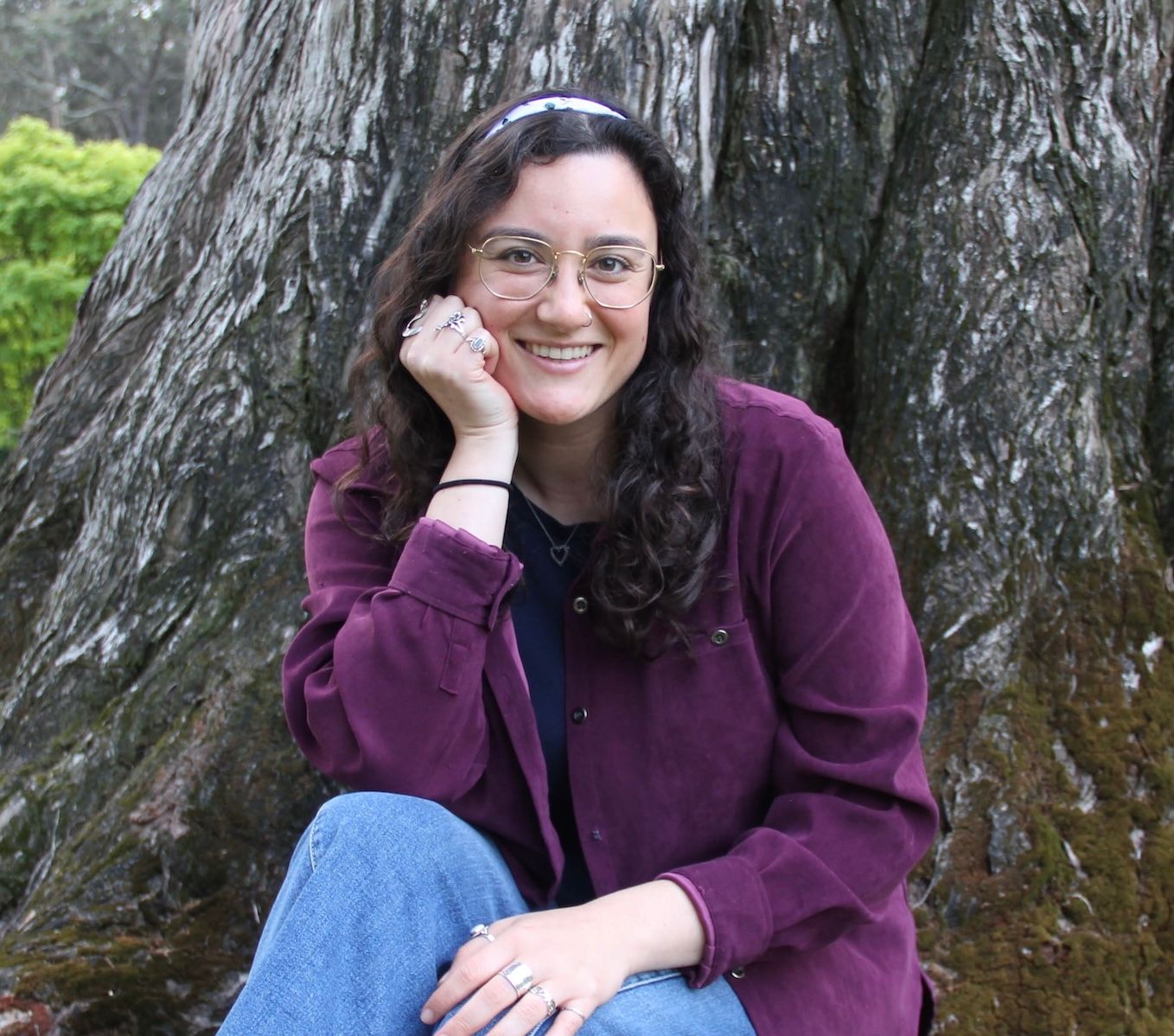
Jessica Carver (She/Her)
Associate Manager, Center for Biodiversity and Community Science and City Nature Challenge Managing global organizers
California Academy of Sciences (iNaturalist username @jesscarvs9)
Jessica joined the Academy in 2025 as a Community Science Associate Manager. Jessica brings a background in environmental education, program management, and workforce development. Before joining the Academy, Jessica managed the SEI Climate Corps Fellow Program and coordinated the County of Marin's Zero Waste Schools Program. Earlier in her career, she worked at the San Lorenzo Museum of Natural History and the University of California, Santa Cruz Kenneth S. Norris Center for Natural History, where she led museum exhibit development, research projects, and educational initiatives to expand community engagement in natural sciences. With a degree in Environmental Studies focused on natural history and environmental and social justice, Jessica is passionate about connecting people with nature and fostering accessible science engagement.
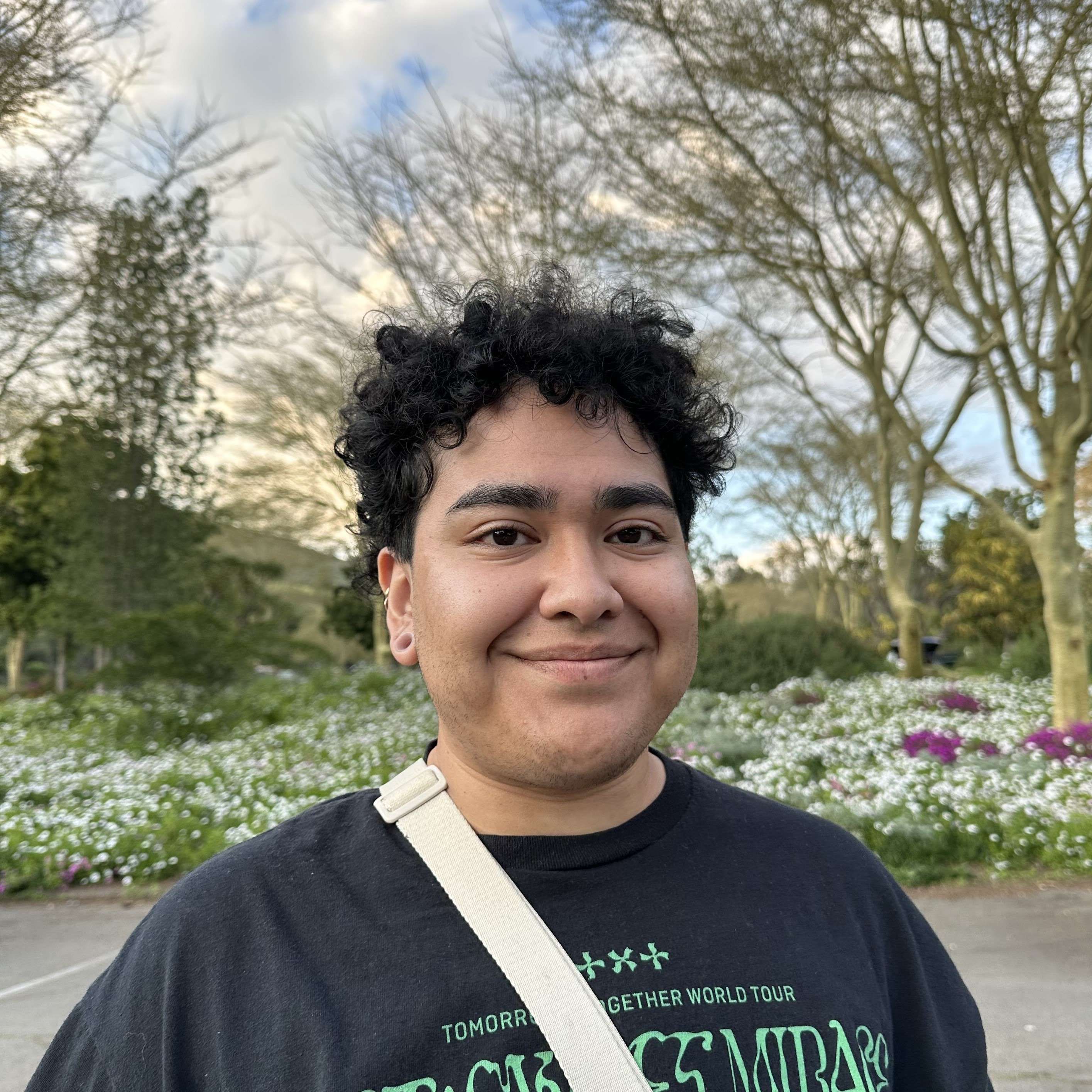
Ciel Ramón-Cañas (they/them)
Administrative Assistant for Research & Collections and CNC Global Administrator
Natural History Museum of Los Angeles County
Ciel joined the Research & Collections Department at the Natural History Museum of Los Angeles County in 2024, where they are assisting the R&C office and staff with a variety of tasks. Ciel has worked within the entertainment industry as a closed captions/subtitles editor for almost three years, where they oversaw a team of editors and ran quality control. They have also previously worked as an administrative assistant for the Honors Program at CSU Northridge, where they developed and refined their skills in grammar, clerical work, and product management. Ciel has a BA in Linguistics and is currently studying to get their Master’s in Speech Language Pathology.
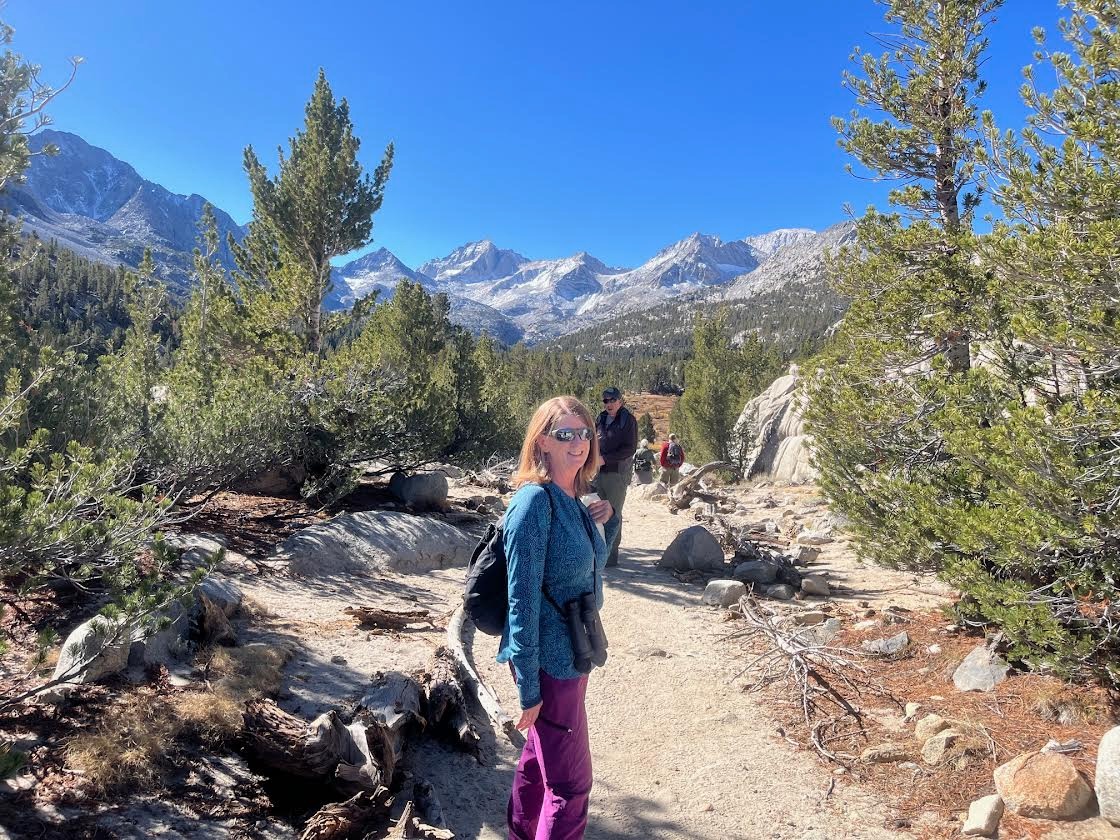
Laura Schare (she/her)
Temporary Program Manager, Community Science Program and City Nature Challenge Supporting global organizers (iNaturalist username: scubabruin)
Natural History Museum of Los Angeles County
Laura also currently volunteers with the National Park Service in the Santa Monica Mountains National Recreation Area at the King Gillette Ranch Visitor Center and other NPS events throughout the year. From 2023 - 2025, Laura dedicated time researching and writing a bi-weekly newsletter, It’s All Connected, covering topics related to nature, environment, sustainability, climate change, and more. She is a certified California Naturalist and Catalina Naturalist, serves as an iNaturalist Ambassador, and a former volunteer with the Heal the Bay education team.
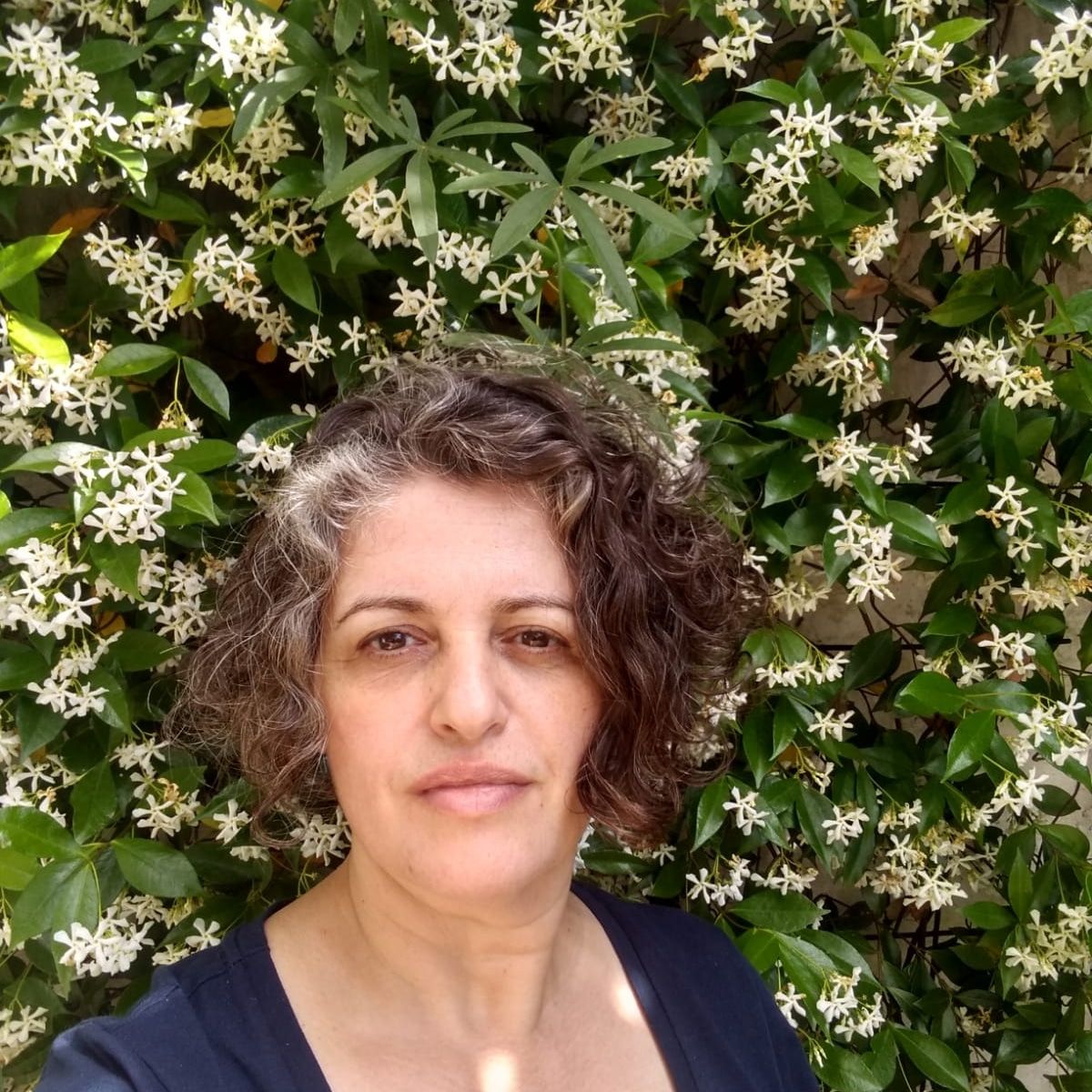
Anabela Plos (she/her)
CNC Spanish Language Global Organizer
Museo Argentino de Ciencias Naturales "Bernardino Rivadavia" MACN-CONICET
Dr. Anabela Plos has a PhD in Natural Sciences from the National University of La Plata, performs her duties at the "Bernardino Rivadavia" Argentine Museum of Natural Sciences as a member of the National Research Council Scientific and Technical (CONICET)
Since 2015, she has managed the Argentine node of the Global Biodiversity Information Facility (GBIF). Within the GBIF community, she served as Regional Representative of Latin American and Caribbean Nodes (2016-2021) and as a committee member of the Biodiversity Information for Development program for the Caribbean (BID), financed by the European Union, coordinated by GBIF. Anabela also coordinates and promotes activities related to open and participatory science, such as the City Nature Challenge, the Great Southern BioBlitz and various activities in the Wikimedia community in Argentina and the Latin American and Caribbean region.
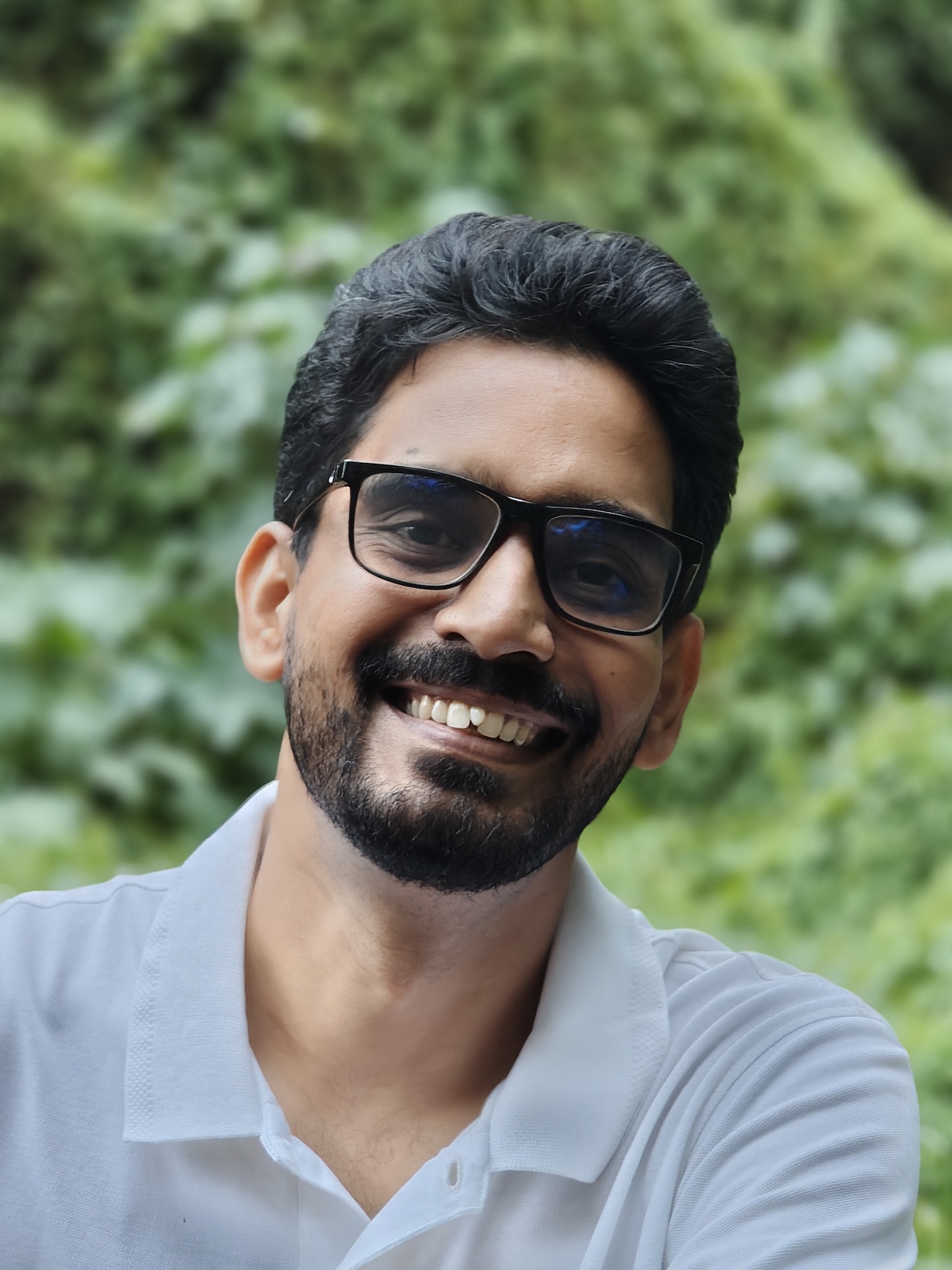
Ram Dayal Vaishnav (he/him)
CNC India Regional Organizer
Head of Citizen Science & Engagement, The Naturalist School
Ram Dayal Vaishnav is an Environmental Researcher and a seasoned professional in the conservation space, and a well-known advocate for citizen science, including as a TEDx speaker. As the Head of Citizen Engagement at The Naturalist School, he leads citizen science programs and has been instrumental in expanding the City Nature Challenge to all corners of India and Asia. On an international scale, Ram Dayal serves as a Working Group Secretary for Citizen Science Global Partnership, where he collaborates with various UN agencies. He also holds the role of Education Director at CitizenScience.Asia, where he founded the Asia Nature Challenge. He is also a PhD Scholar at TransDisciplinary University, studying Citizen Science for Biodiversity Documentation. His comprehensive efforts to advance citizen science for species Red List assessments and other biodiversity documentation include past work with organizations like IUCN, iNaturalist, National Biodiversity Authority and WWF-India, along with his involvement in initiatives like Tiger Beetle Watch.
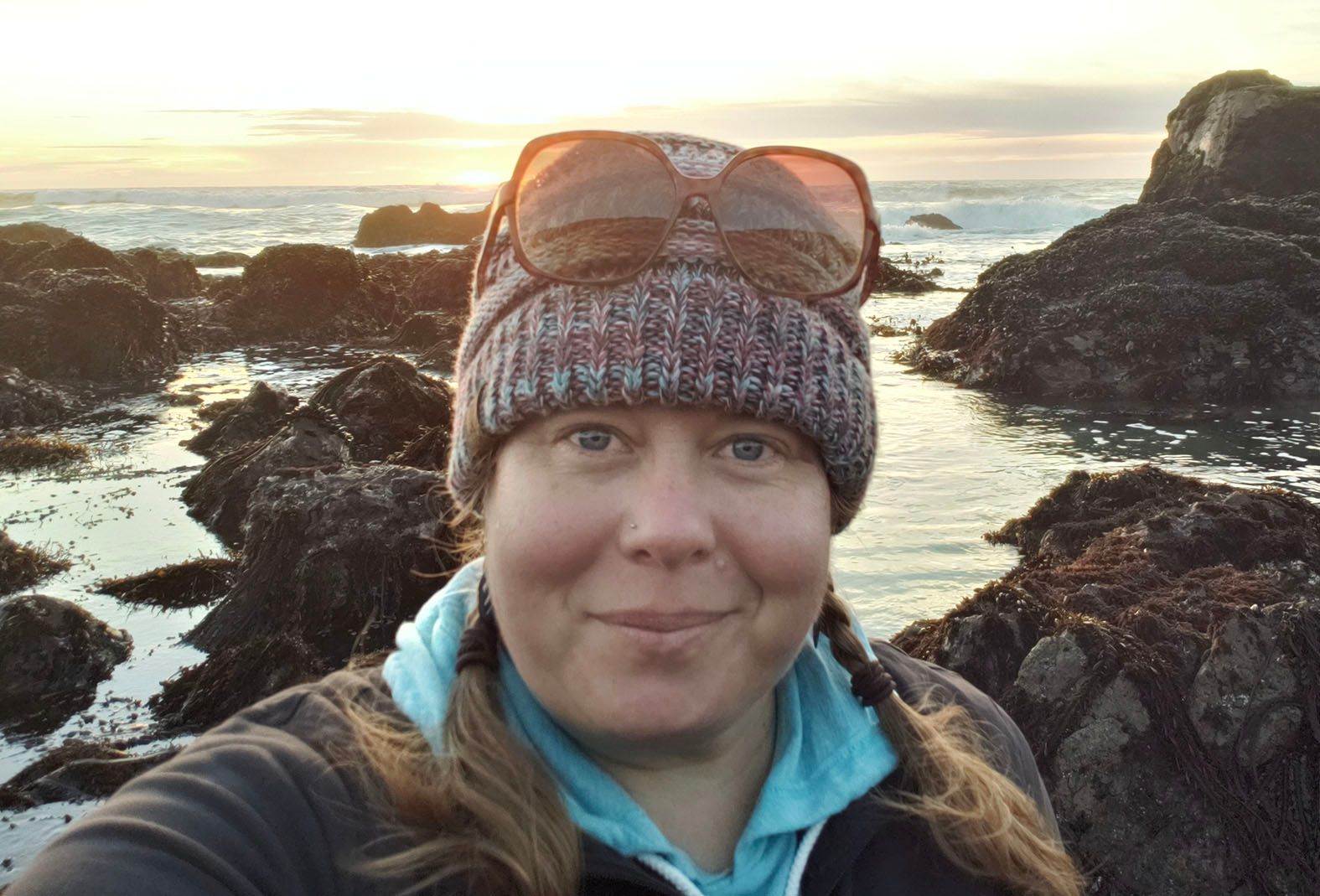
Alison Young (she/her)
City Nature Challenge co-founder
Alison served as the Co-Director of the Center for Biodiversity and Community Science at the California Academy of Sciences, where she builds community and partnerships around nature and sharing knowledge about biodiversity, creates events and campaigns focused on documenting species, and brings this community-collected data to answer scientific questions and help inform decision-making. Alison also co-directed the Academy’s Thriving California strategic initiative, focused on scaling biodiversity science and education and collaborating with communities, other organizations, and the State to build a healthy, resilient future for people and nature in California. Alison’s background is in marine biology, she holds a Masters in Biology from Humboldt State University for research focused on the potential effects of climate change on California’s rocky intertidal communities, and a B.A. in Biology from Swarthmore College. When she’s not in the tidepools for work, she can often be found in the tidepools for fun – usually photographing nudibranchs, or in her local ceramics studio, happily bent over a pottery wheel, covered in clay.